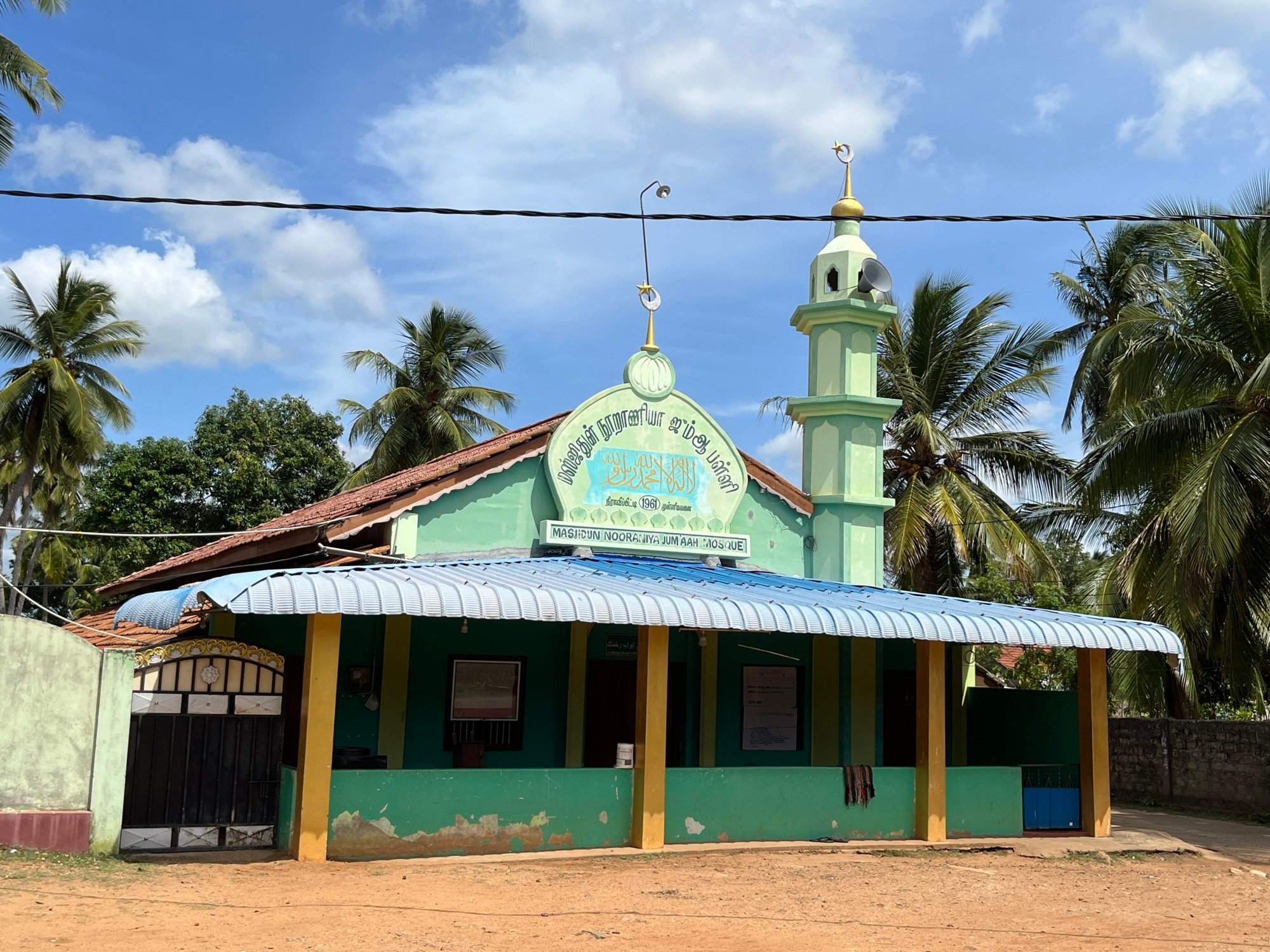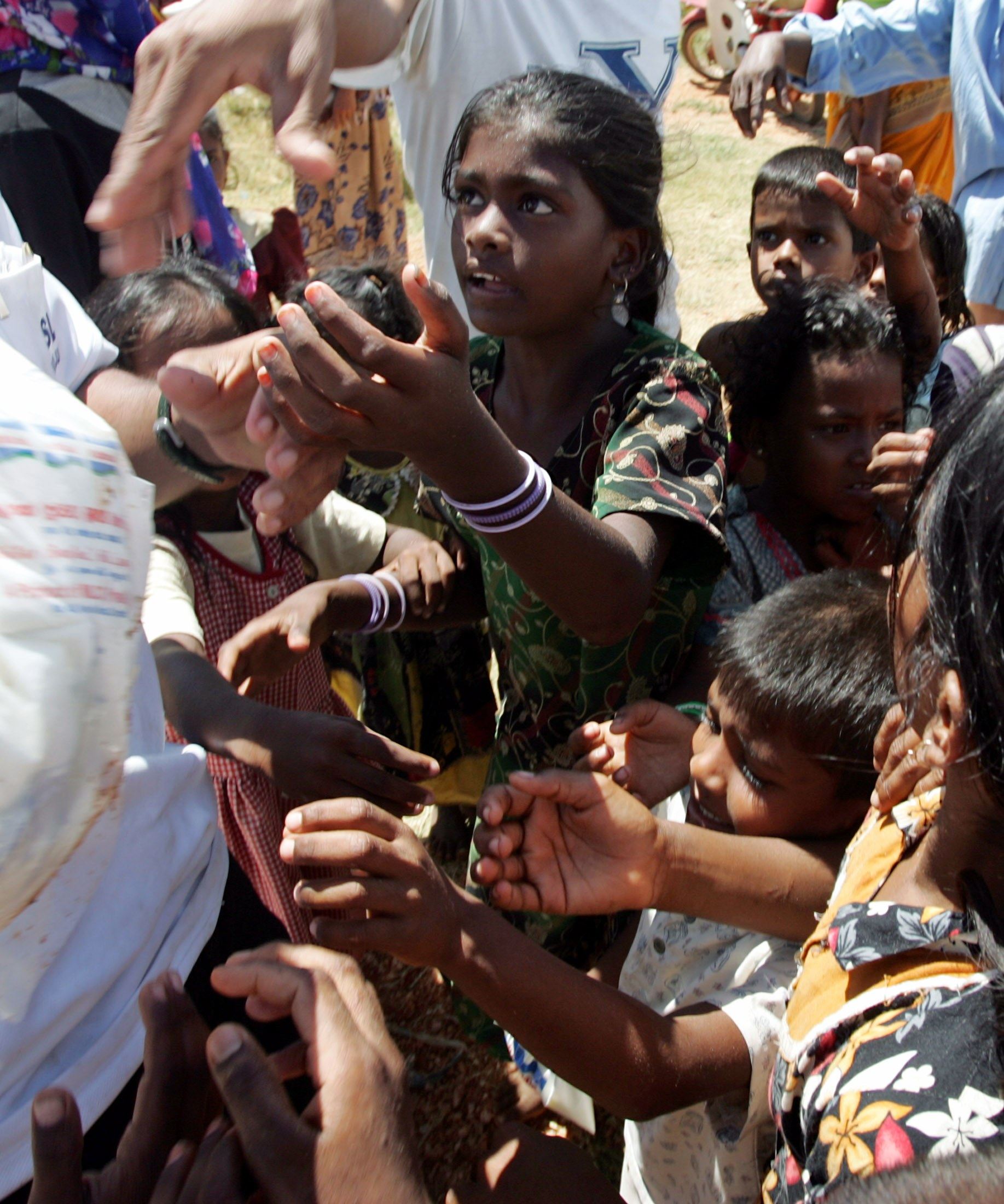

Related content:
Copyright © Fuente (mencionado anteriormente). Todos los derechos reservados. El Land Portal distribuye materiales sin el permiso del propietario de los derechos de autor basado en la doctrina del "uso justo" de los derechos de autor, lo que significa que publicamos artículos de noticias con fines informativos y no comerciales. Si usted es el propietario del artículo o informe y desea que se elimine, contáctenos a hello@landportal.info y eliminaremos la publicación de inmediato.
Varias noticias relacionadas con la gobernanza de la tierra se publican en el Land Portal cada día por los usuarios del Land Portal, de diversas fuentes, como organizaciones de noticias y otras instituciones e individuos, que representan una diversidad de posiciones en cada tema. El derecho de autor reside en la fuente del artículo; La Fundación Land Portal no tiene el derecho legal de editar o corregir el artículo, y la Fundación tampoco espalda sus contenidos. Para hacer correcciones o pedir permiso para volver a publicar u otro uso autorizado de este material, por favor comuníquese con el propietario de los derechos de autor.


